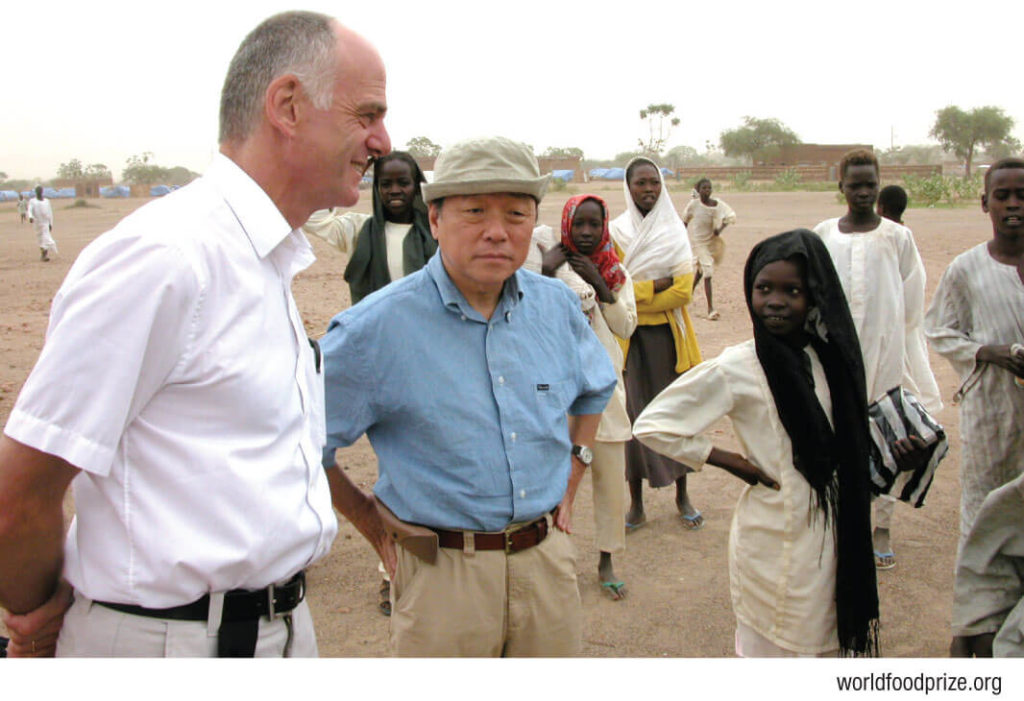
Mark’s gospel places Jesus in the temple courts in the three chapters before his passion. There Jesus daily disputes controversial questions with learned teachers.
However, it is none of these leaders but a woman on the margins of her society who stands front and center in Jesus’ eyes as a model of generous faith. Other Jews probably know more than she about the intricacies of the law. Others give more money. This woman supports the institution of the temple with its system of sacrifices and its hierarchy of priests with money she needs to live. With only a widow’s meager livelihood she acts nonetheless as a full member of the religious community. Mark deliberately juxtaposes the scribes’ shallow concern with appearances and the widow’s gift from the heart.
The scribes in this Sunday’s gospel seem unable to penetrate the heart of the law. They like to benefit from their positions as respected teachers, even at the expense of powerless people like widows. Jesus warns people to beware of such self-centered, greedy teachers.
What happens when teachers ignore the core commandments of love of God and neighbor but promote external rules and regulations with rigor? Any legal system can close in to serve its officials rather than those who need justice. In this Sunday’s gospel, a law about giving to the temple consumes, instead of protects, the livelihood of a widow.
Jesus values authentic faith and piety. He values the widow’s simple gift more than the scribes’ long, public prayers. The widow is like Jesus himself, who gives his entire life for love of God and neighbor.
- In what measure are you a Christian in appearance? In what measure an authentic Christian?
- What perks do you experience and like in your work or church or civic community?
- What that Jesus criticizes in religious leaders remains a problem today?
- What keeps communities of faith alive and relevant?

Widows and orphans were likely to be among the poorest people in ancient Israel. Israel’s law made care of widows and orphans the measure of Israel’s commitment to keeping the covenant. “You shall not wrong any widow or orphan. If ever you wrong them and they cry out to me, I will surely hear their cry,” says God (Exodus 22.21-22).
Justice for widows is characteristic of God and constitutive of real piety for God’s people. Deuteronomy 10.18 calls Yahweh “the great God, who executes justice for the orphan and widow.” Because God set Israel free from slavery in Egypt, the people must not enslave one another, must “not violate the rights of the alien, or of the orphan, nor take the clothing of a widow as a pledge” (Deuteronomy 24.17).
The prophets measure Israel’s goodness and godliness by how people care for widows and orphans. Like ourselves people throughout history have found forgetting the vulnerable easy and taking advantage of them tempting.
One in five children in the U.S. lives in poverty, more than in any other industrialized nation. More than one third of female-headed families are poor; more than half of minority families headed by women are poor. About 13 million households rely on government programs and private charity to help feed their children.
- What experiences with people who are poor have challenged you to become a more authentic Christian?
